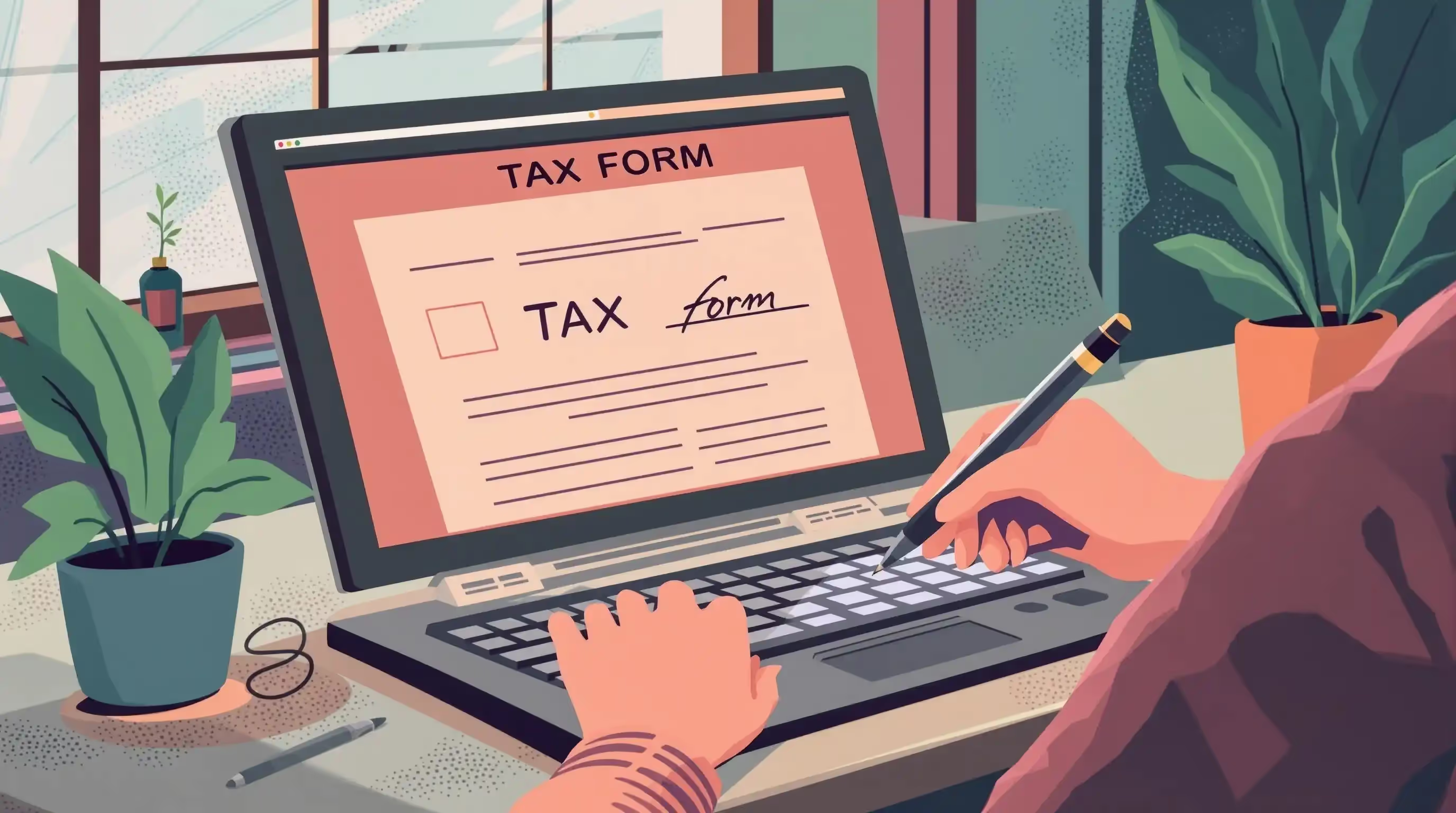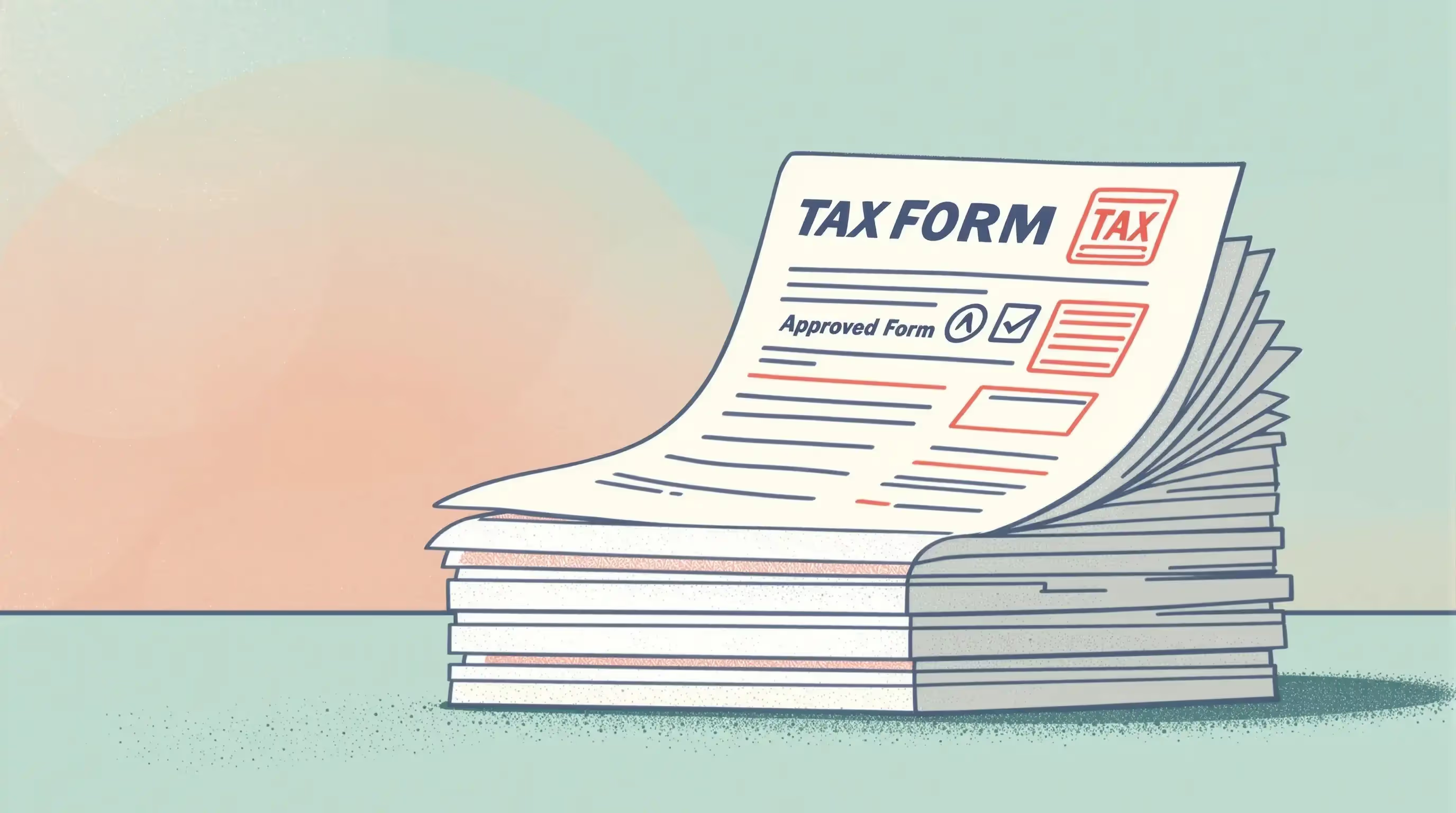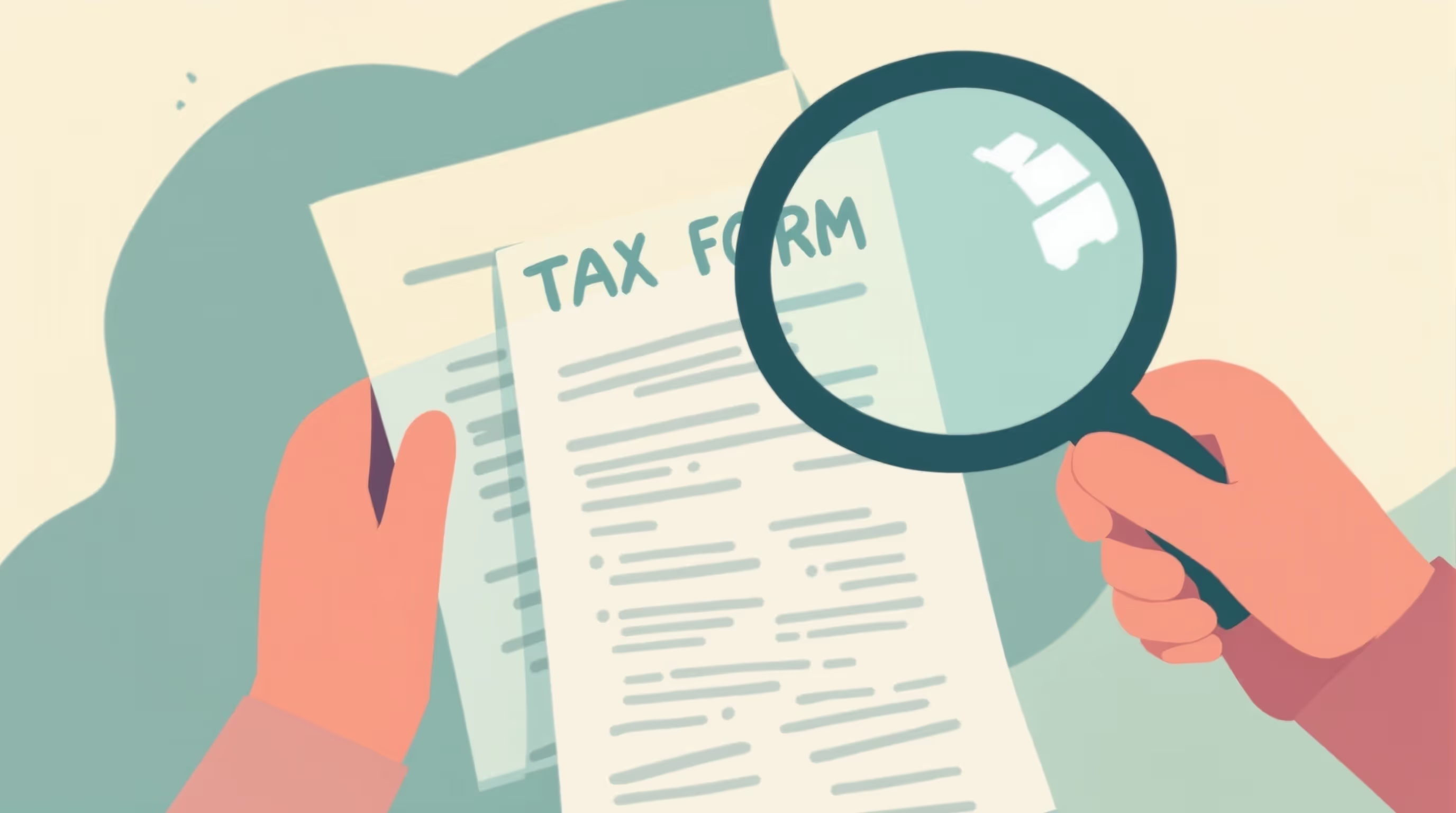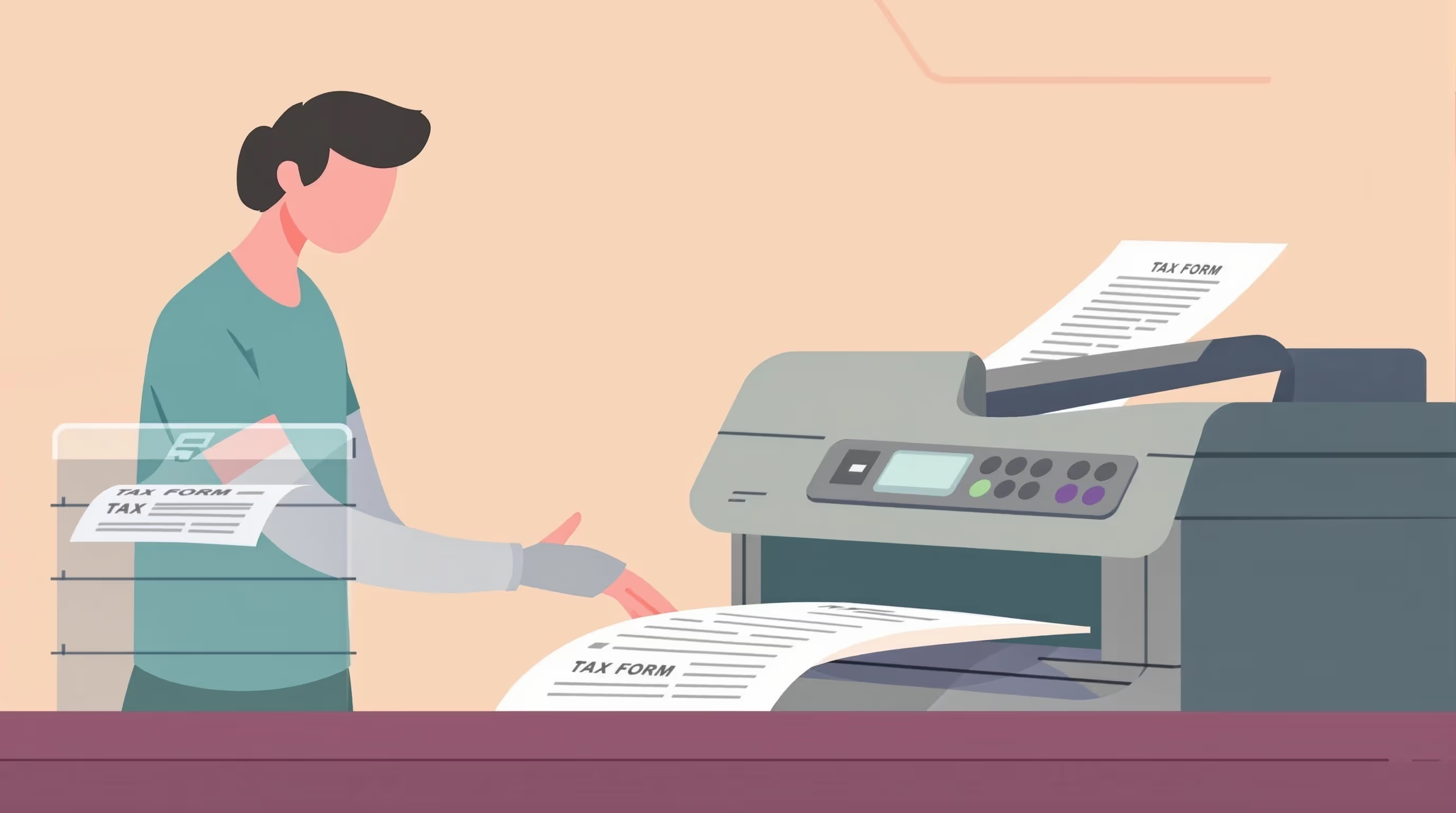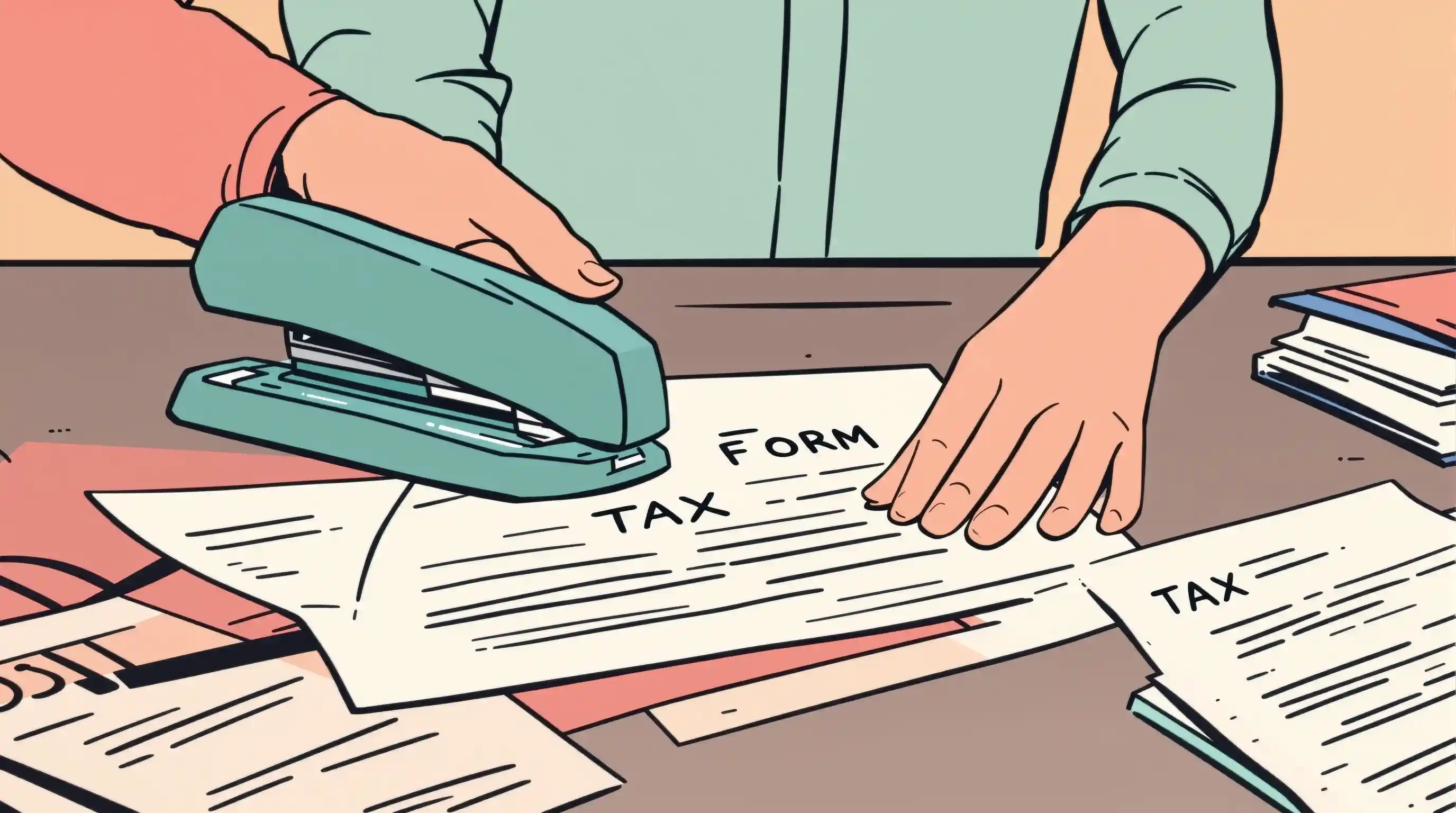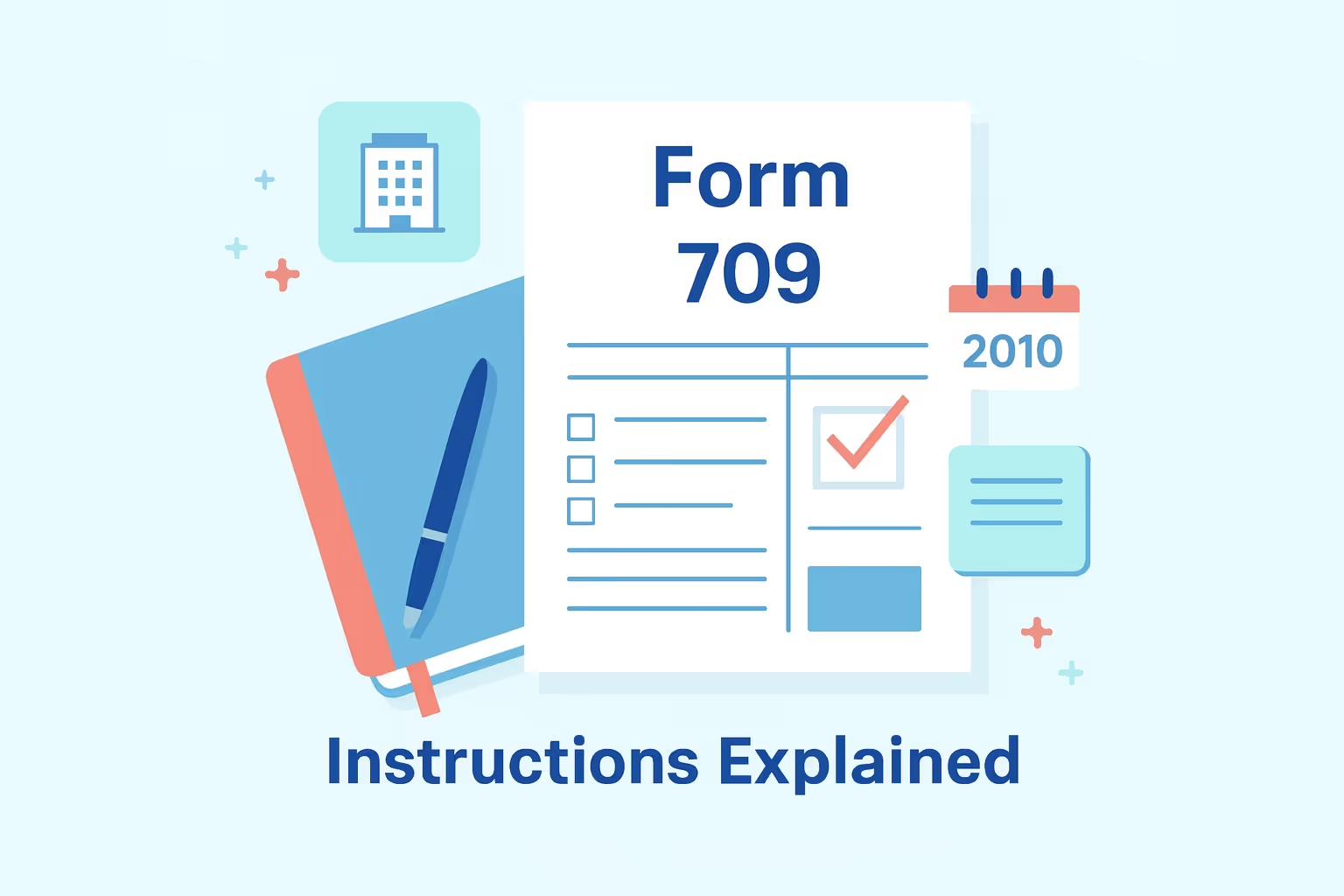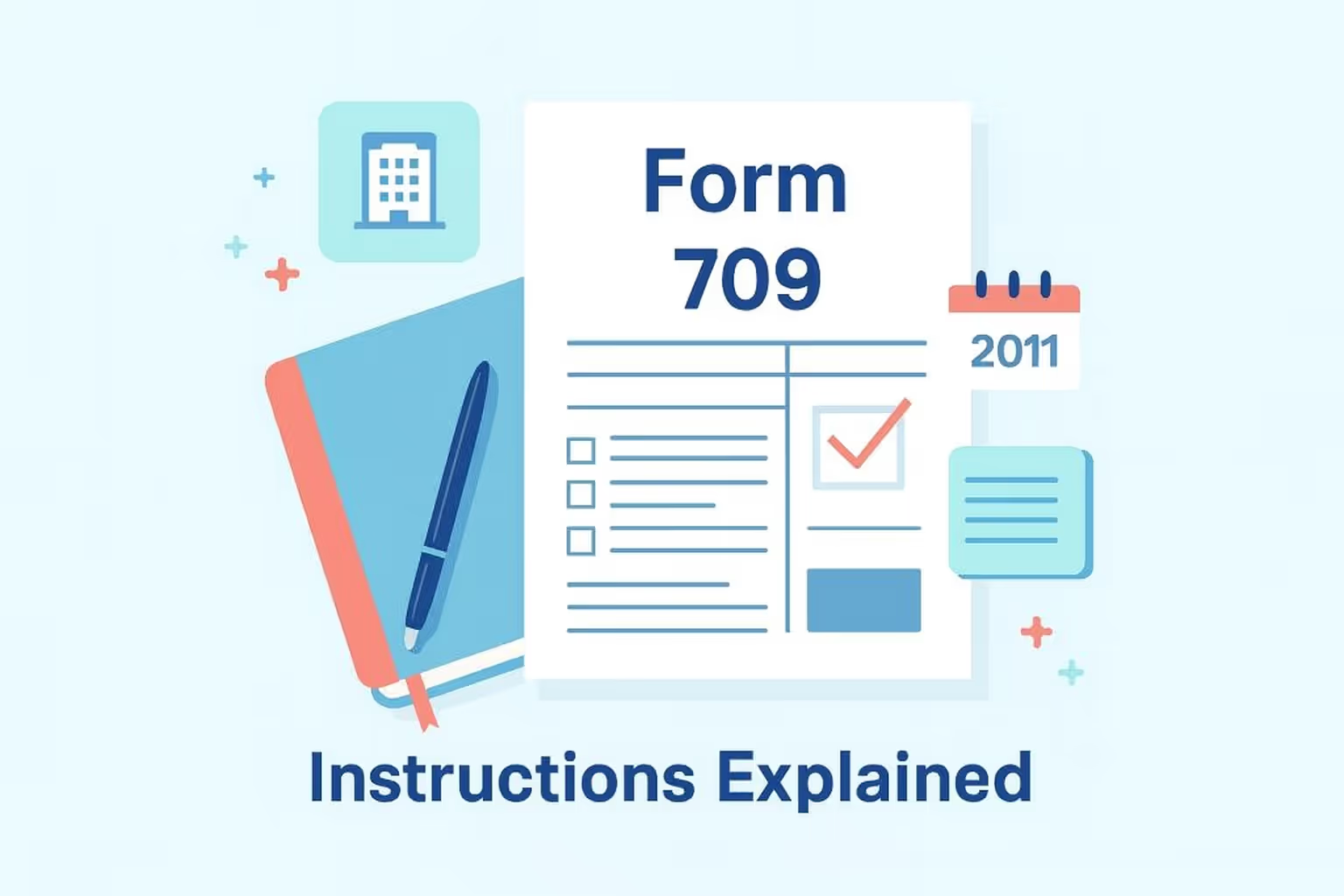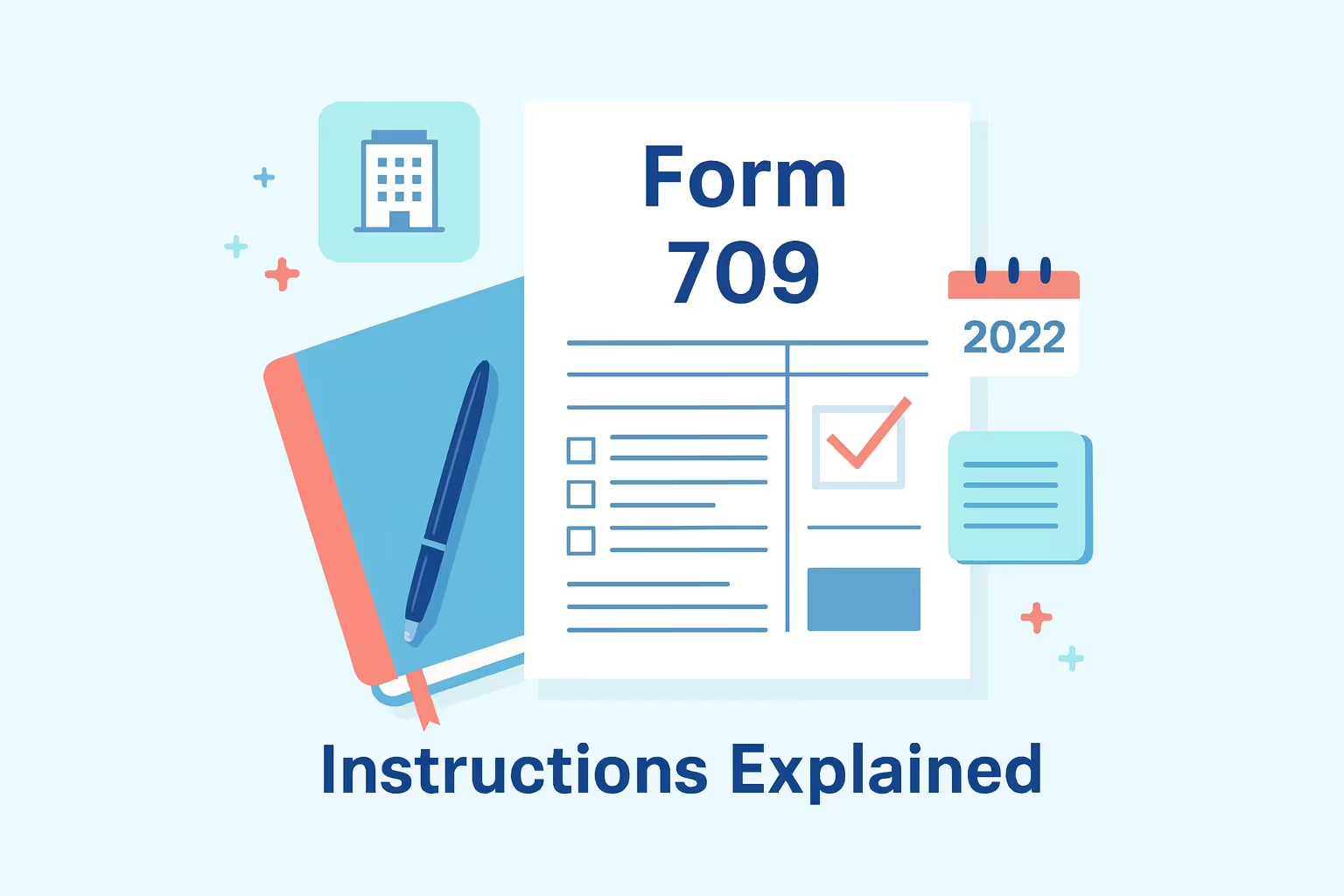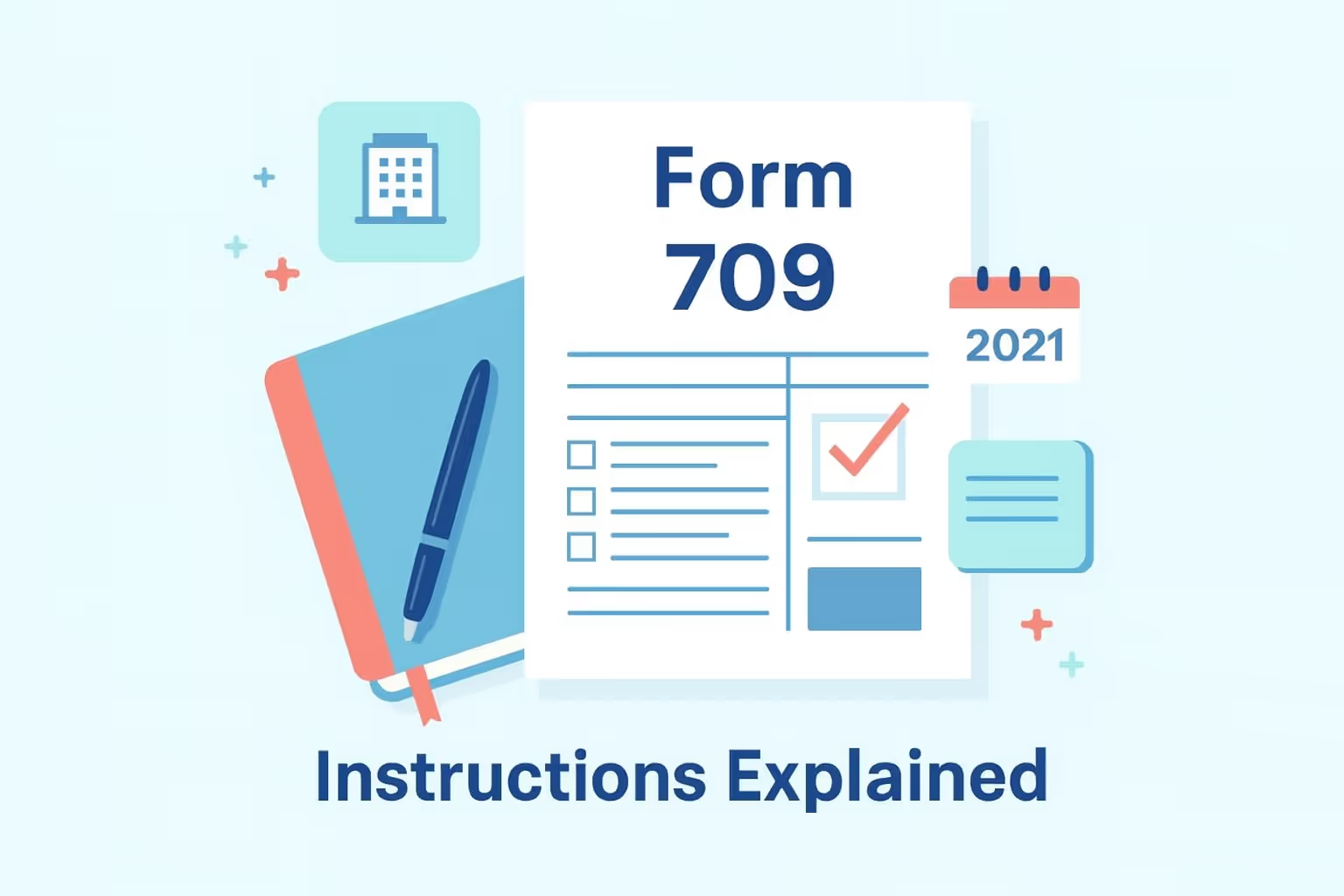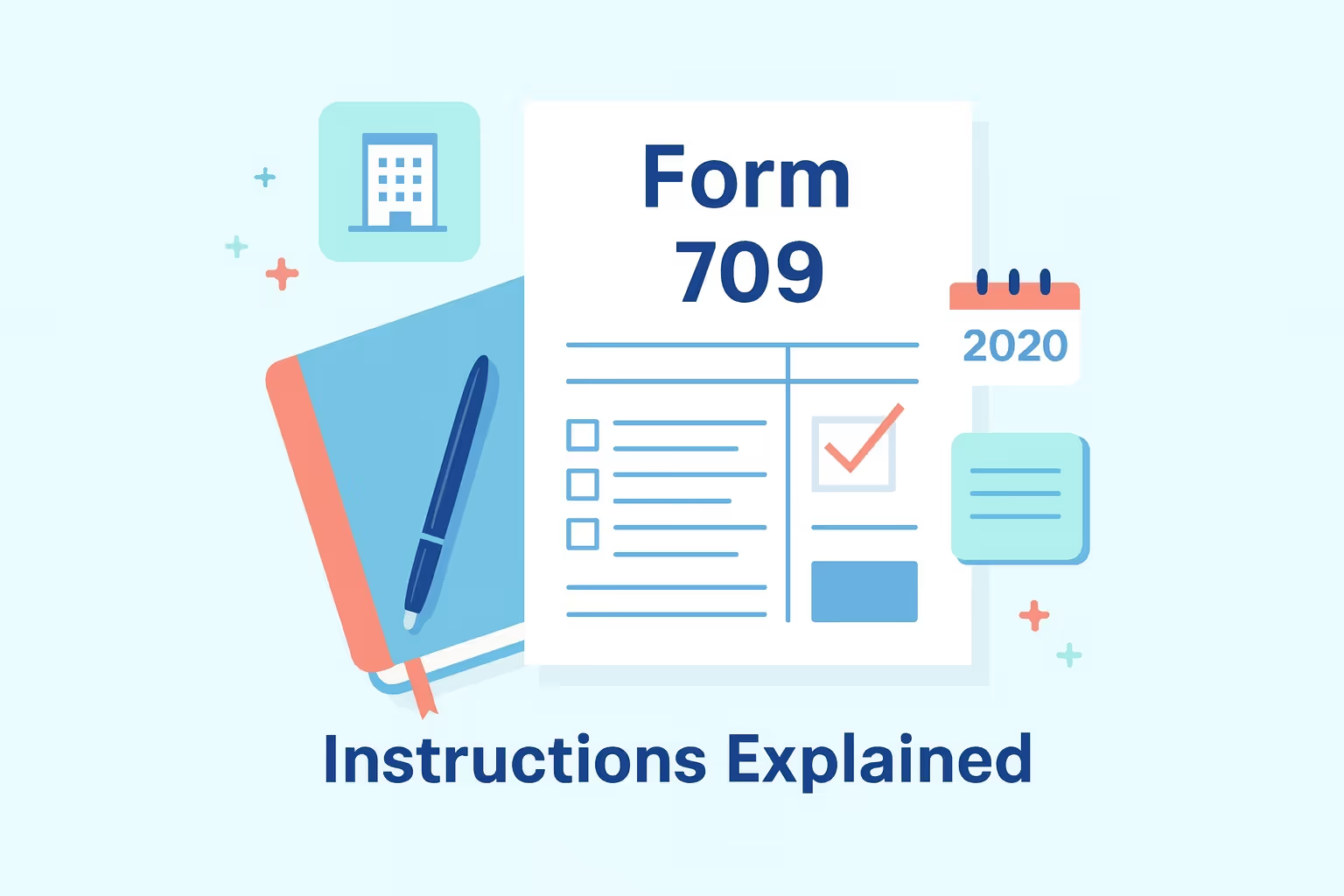
What IRS Form 706 (2020) Is For
IRS Form 706 (2020), known as the United States Estate (and Generation-Skipping Transfer) Tax Return, is used by executors to report the estate tax owed to the Internal Revenue Service after a person’s death. It also helps determine whether the total value of the estate—including property, business interests, and other assets—exceeds the 2020 federal exemption limit of $11.58 million.
The form also covers generation-skipping transfer taxes and certain federal gift transactions. Filing Form 706 allows a married couple to make a portability election, letting the surviving spouse use any unused exemption from the deceased spouse. Executors must file this form when the estate meets the filing threshold or when portability or specific transfer elections apply.
For a detailed breakdown of filing requirements, eligibility rules, and step-by-step instructions, see our comprehensive IRS Form 706 (2020): Late & Amended Filing Guide.
When You’d Use IRS Form 706 (2020)
Form 706 may be filed late or amended under specific circumstances, including:
- The original nine-month filing deadline after the decedent’s death was missed.
- The estate tax return needs correction for errors or omitted assets.
- The estate’s total value later exceeded the 2020 exemption threshold.
- A portability election for the surviving spouse was missed or requires correction.
- The Internal Revenue Service issued a notice requesting more information.
Late Filing
If the return is filed after the deadline, the estate may face penalties. The IRS can grant reasonable cause relief if the delay occurred due to factors beyond the executor’s control, such as COVID-19–related disruptions.
Amended Filing
An amended estate tax return should include the words “Supplemental Information” at the top of page 1. Updated pages, usually pages 1 through 4, must be attached to show revised tax amounts, values, or distributions.
For more resources on filing or understanding prior-year IRS forms, visit our guide on Estate, Gift, and Trust Forms.
Key Rules or Details for 2020
Several rules and thresholds are specific to the 2020 tax year:
- Estate tax exemption: $11,580,000
- Unified credit: $4,577,800
- GST exemption: $11,580,000 (non-transferable to a spouse).
- Filing deadline: Nine months after the date of death, with a six-month extension available by filing Form 4768
- COVID-19 relief: Filing flexibility and penalty relief for individuals impacted by pandemic-related delays
For estates involving a nonresident who is not a citizen, different laws and exclusions apply. Such estates may still be subject to U.S. estate tax on property located in the country. Executors managing trusts or corporations that hold U.S. assets should consult a tax professional or attorney for guidance.
Step-by-Step (High Level)
Step 1: Gather Estate Records
Executors should collect key documentation before completing the form.
- Obtain the death certificate and confirmation of the date of death.
- Compile valuations of all property, assets, and gifts.
- Gather information on trusts, beneficiaries, and business interests.
Step 2: Determine the Total Estate Value
Executors must include all real estate, investments, cash, life insurance, and retirement accounts. They should subtract allowable deductions such as debts, funeral costs, and charitable transfers.
Step 3: Identify Transfers Subject to GST Tax
Generation-skipping transfers, including direct skips, terminations, or distributions made to other individuals such as grandchildren, must be reported accurately.
Step 4: Apply Applicable Exclusions
Executors should utilize the estate tax exemption and unified credit to minimize any tax liability. If applicable, they should elect portability to transfer any unused exemption to the surviving spouse.
Step 5: Complete the Correct-Year Form
Executors must use the 2020 version of Form 706. Each year’s form differs, and using an incorrect version can lead to errors in tax calculations.
Step 6: Attach Required Schedules
Executors should include all required schedules, from Schedule A through Schedule U, based on the complexity of the estate. They should also attach Form 8971 for basis reporting and Form 4768 if requesting an extension.
Step 7: Mail the Return
The completed form should be mailed to the IRS in Kansas City, Missouri, or sent using an approved private delivery service. Executors should retain copies for their records.
Common Mistakes and How to Avoid Them
Many estate tax returns are delayed or rejected due to avoidable errors. Executors can prevent issues by taking the following steps:
- Filing late: Submit on time to preserve portability for a surviving spouse; late filings need IRS relief.
- Using unqualified appraisers: Use certified appraisers for accurate property and business valuations.
- Incomplete Schedule A: Include full property descriptions and account details.
- Omitting Form 8971: File within 30 days to report basis information to beneficiaries.
- Missing signatures: Ensure all executors or trustees sign before submission.
- Calculation errors: Double-check taxes, credits, and deductions for accuracy.
Mistakes can lead to increased interest, delayed estate closure, or reduced benefits for beneficiaries. Complex estates often require guidance from an attorney or certified public accountant familiar with estate tax law.
What Happens After You File
After filing, the IRS typically takes six to nine months to process an estate tax return, although complex estates may require additional time. The IRS may send notices requesting clarification or additional documents, and any unpaid tax will accrue interest until it is fully paid.
If the estate owes more tax, the executor can pay in full or request a payment plan using Form 9465. Estates are typically subject to audit for up to three years after filing, and executors can order transcripts using Form 4506-T to confirm the return’s processing status.
FAQs
What is IRS Form 706 (2020) used for?
IRS Form 706 (2020) is the estate tax return used to report the value of an estate to the Internal Revenue Service after death. It ensures proper taxation of assets, transfers, and generation-skipping transfer tax obligations.
Who must file an estate tax return?
The executor or trustee must file an estate tax return if the estate’s value exceeds the federal exclusion limit. This applies to both residents and nonresident citizens who own U.S. property or assets.
How does the generation-skipping transfer tax apply?
The generation-skipping transfer tax applies when property or gifts pass to individuals other than the grantor's children or grandchildren, thereby skipping a generation. It ensures those transfers are taxed similarly to direct transfers between parents and children.
Are gifts and capital gains included on Form 706?
Yes, gifts made during life that exceed federal gift limits are included for gift tax purposes. Capital gains and the fair market value of assets at the time of death help determine the total estate value subject to tax.
Can a married couple benefit from a portability election?
A married couple can benefit when the surviving spouse uses the unused portion of the deceased spouse’s exemption. Filing Form 706 allows this election, which can reduce future estate taxes and provide significant financial advantages.
How can a tax professional or attorney assist?
A tax professional or attorney helps complete the form correctly, applies legal exclusions, and reduces the tax owed. Their knowledge of federal laws ensures accuracy in valuing property, reporting transfers, and handling complex estate distributions.
What happens if estate taxes are paid late?
If estate taxes are not paid by the deadline, the IRS imposes interest and penalties. Executors can request payment extensions, but interest continues to accrue until the full balance is paid, in accordance with federal requirements.







